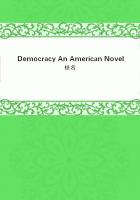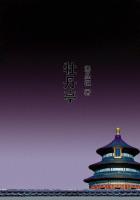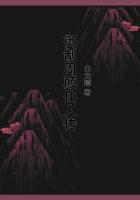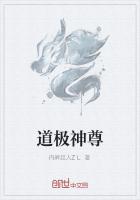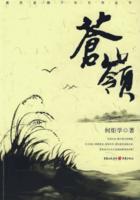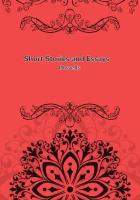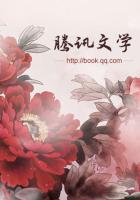[87]Thus of Wordsworth's "Excursion" Jeffrey says: "This will never do." "It is longer, weaker, and tamer than any of Mr. Wordsworth's other productions." Of Goethe's "Wilhelm Meister " he says: "To us it certainly appears, after the most deliberate consideration, to be eminently absurd, puerile, incongruous, vulgar, and affected; and, though redeemed by considerable powers of invention and some traits of vivacity, to be so far from perfection as to be almost from beginning to end one flagrant offence against every principle of taste and every rule of composition." How different the estimate formed by Thomas Car lyle of the second period of the Edinburgh Review ! The late Lord Ashburton shortly after the decease of his lady, who was a great admirer of Carlyle, did the author of this work the honor of applying to him to explain what Carlyle could mean by an advice which he gave. "I inquired of him," said his Lordship, "what I could do to form my character, and make myself what I ought to be. `Read "Wilheim Meister,"' said he. So I read I Wilhelm Meister' and went back to my counsellor, saying that I had read the book and admired it, but could not discover any thing in it fitted to accomplish the end I have in view. `Read "Wilhelm Meister,"' said the great man, `a second time.' Now I have read it a second time without getting what I wish. I now come to you to see if you can tell me what Carlyle can mean." .I told him he must go to the oracle himself to find out what he meant: but I added that I believed that neither Goethe nor Carlyle, though eminent literary geniuses, knew of, or could direct him to, what might effect the good end his Lordship had in view.
[88]"Memoirs of the Life of the Right Honorable Sir James Mackintosh," edited by his son, Robert James Mackintosh.
[89]The Life and Times of Henry Lord Brougham, written by himself.
[90]He was to be received at Brechin in the parish church.
He separated from those who were to conduct him, and came to the door in tartan trews, and was refused entrance by an old sergeant who had charge of the admission. " Do not you know," thundered his lordship, "that in order of mine could hang you on that lamp-post? " To which the sergeant replied that he knew nothing as to what the person addressing him could do, but he knew that it was his duty not to allow any one to enter at that door without an express order.
[91]Laetitia autem et libido in bunorum opinione versatur, &c.
[92]"Lectures on Intellectual Philosophy, by the late John Young, with a Memoir of the Author, edited by William Cairns."[93]"Autobiography by John Stuart Mill; " " Personal Life of George Grote," by Mrs. Grote; &c.
[94]I had this from a son of Dr. Foote, Archibald Foote, Esq., -- manufacturer, Montrose, to whom John Stuart Mill applied to get information about his father, who does not seem to have been very communicative to his family about his parentage or younger years.
[95]It is said that he published two sermons under the name of James Miln or Milne.
[96]I had this from the late John Pim, of Belfast, who was at the place at the time. I would not have referred to it had the suicide been the rcsult of a mental derangement: it was the logical consequence of the philosophic training.
[97]Recollections of Rev. John Ballantyne," an address delivered at a soiric on opening the new United Presbyterian Church, Stonehaven, by Rev. John Longmtiir, Aberdeen, 1862.
[98]"Memoir of Thomas Chalmers," by William Hanna.
[99]In fact, " Daft Tam Chalmers " was a phrase applied to him by those who could not discern his greatness in the bud.
[100]"Memoir of Dr. Welsh," by Alexander Dunlop, Esq., prefixed to Sermons.
[101]"Christopher North. A Memoir of John Wilson, by his daughter, Mrs. Gordon."[102]Article by Thomas Spencer Baynes in " Edinburgh Essays " by members of the University of Edinburgh; " Memoir of Sir William Hamilton" by John Veitch.
[103]In this letter, and in of those that follow, them is a great deal said about a young man named Robert Haliday, who is studying at Glasgow, and about whom Hutch is very anxious.

